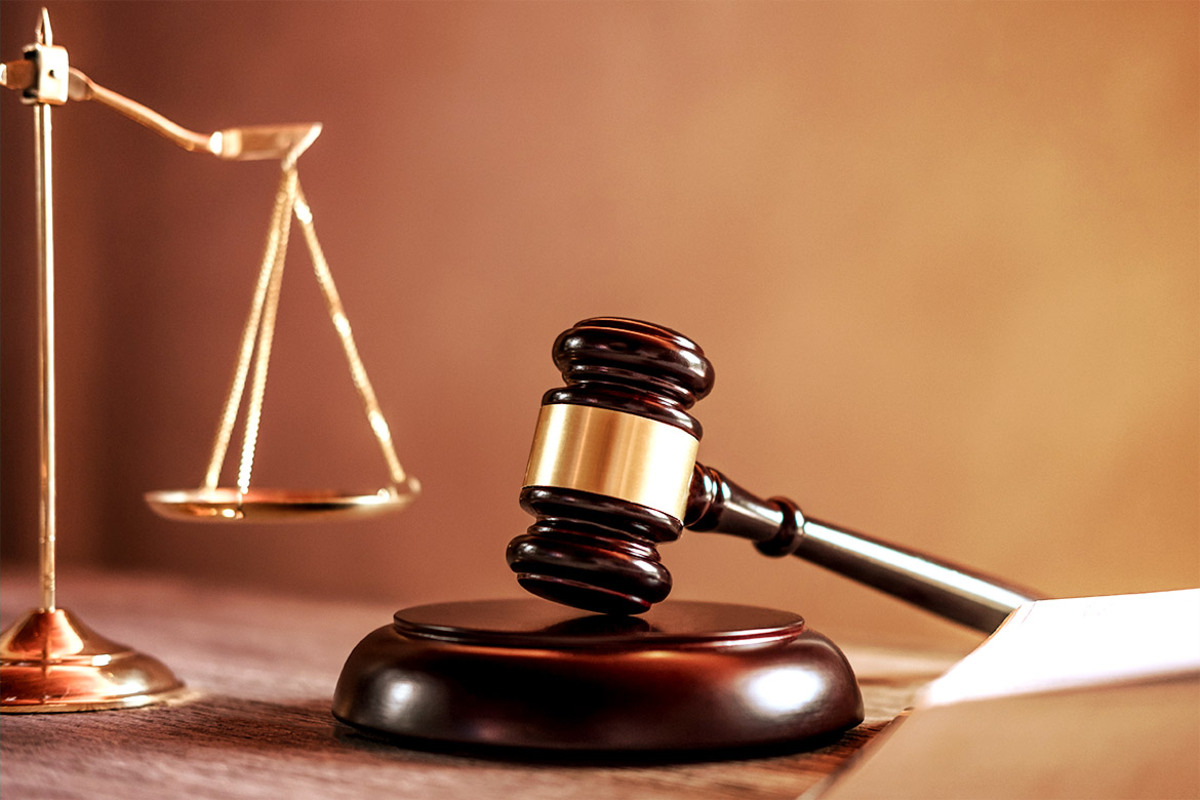Laws, rules, regulations and conscience as sources of ethical guidance
In News:The continuing distribution of the death penalty;Good laws alone don’t make just society, change mindset: CJI Chandrachud
To what extent can a society use legal reforms to effect social change? Illustrate with examples.
Legal reforms can be a powerful tool for effecting social change, but their effectiveness is deeply intertwined with several factors such as culture, societal norms and dynamics,etc.
Legal reforms bringing social change:
- New laws challenge existing cultural norms and practices, fostering shifts in societal attitudes toward issues like gender equality and human rights.Example: Equal Remuneration Act (ERA) of 1976;The Prohibition of Employment as Manual Scavengers and their Rehabilitation Act, 2013 (MS Act, 2013)
- Addressing Discrimination and Inequality: Laws such as The Scheduled Castes and Scheduled Tribes (Prevention of Atrocities) Act, 1989 uphold justice by addressing systemic inequalities and ensuring that marginalised communities receive fair treatment and protection.
- Promoting Women’s Rights: Granting women equal property inheritance rights(The Hindu Succession Act, 2005) protection to women from domestic violence(The Domestic Violence Act, 2005) challenging traditional patriarchal norms.
- Laws that reflect ethical principles such as justice, equality, and human rights promote social change by addressing systemic injustices.Example:The Right to Education Act, 2009, The Minimum Wages Act, 1948.
- Raises public awareness about social issues, encouraging informed discussions and engagement within communities.
- Laws are amended to reflect changing societal values and needs, ensuring that the legal system remains relevant in addressing contemporary issues. Example, decriminalisation of section 377(homosexuality) in 2018.
- Legal reforms often serve as catalysts for broader social movements, inspiring collective action and advocacy for further changes in society.
While legal reforms are a powerful tool for promoting social change, they cannot operate in isolation. The following limitations should be acknowledged:
- Resistance to change: Legal changes can face resistance from established cultural norms and practices that may undermine their effectiveness.The decriminalisation of homosexuality has not fully translated into societal acceptance, as cultural stigma and discrimination against LGBTQ+ individuals remain prevalent.
- Need for broader social movements: Successful social change often requires broader movements that include advocacy, education, and grassroots organising alongside legal reforms.
- Focus on punishment rather than prevention: Relying solely on punitive measures fails to address the root causes of social issues. Justice Verma Committee argued that the death sentence does not necessarily act as a deterrent against crimes such as sexual offences, including gang rapes.
- Enforcement: Laws must be enforced consistently and fairly to achieve their desired outcomes. Without effective enforcement, even the most progressive laws can be rendered ineffective.
While legal reforms are essential for driving social change, they must be part of a comprehensive strategy that includes public education, cultural sensitivity, effective enforcement mechanisms, and an understanding of intersectionality.
| PYQ: What are the main factors responsible for gender inequality in India? Discuss the contribution of Savitribai Phule in this regard. 2020Laws and ethics are considered to be the two tools for controlling human conduct so as to make it conducive to civilized social existence.(a) Discuss how they achieve this objective.(b) Giving examples, show how the two differ in their approaches. 2016 Distinguish between laws and rules. Discuss the role of ethics in formulating them 2020 |

